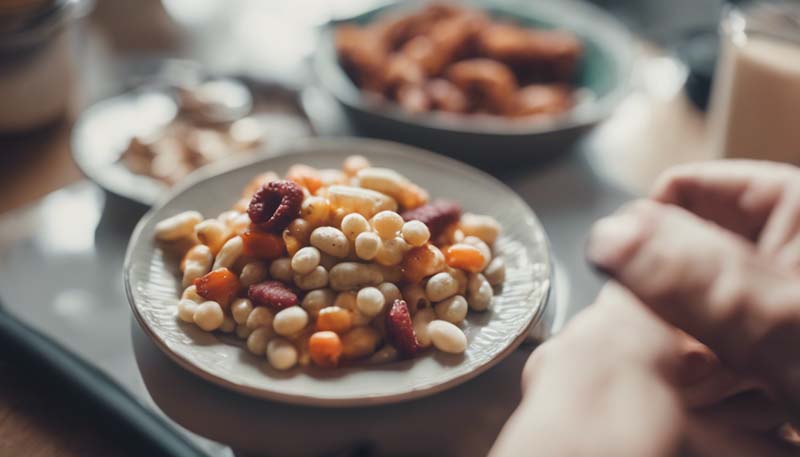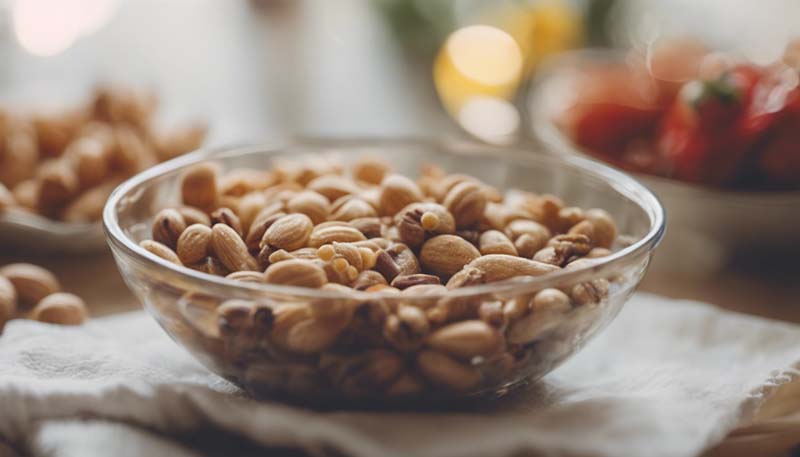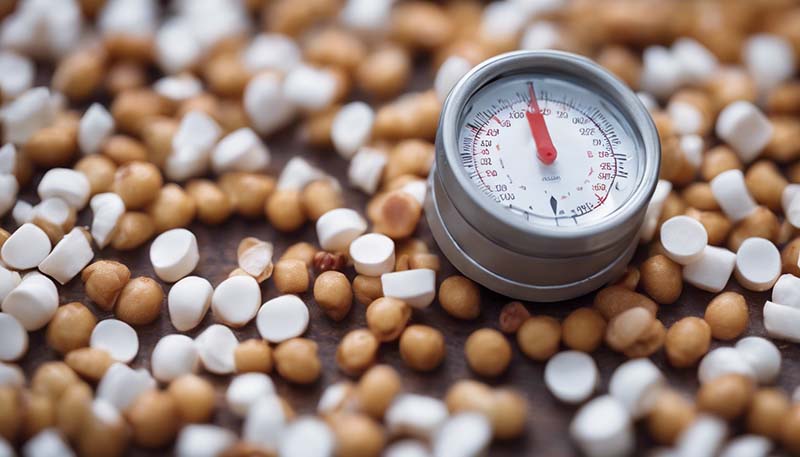The Top 5 Healthy Eating Tips for Seniors
As we age, our bodies undergo various changes that can affect our overall health and well-being. One of the most important factors in maintaining a healthy lifestyle as we age is our diet. Eating a balanced and nutritious diet can help seniors stay healthy, maintain their independence, and prevent chronic diseases. In this article, we will discuss the top 5 healthy eating tips for seniors to ensure they are getting the nutrients they need to stay healthy and active.
1. Eat a Balanced Diet
One of the most important healthy eating tips for seniors is to eat a balanced diet. A balanced diet includes a variety of foods from all the food groups, including fruits, vegetables, grains, protein, and dairy. Eating a balanced diet can help seniors meet their nutritional needs and stay healthy.
Fruits and vegetables are rich in vitamins, minerals, and antioxidants that can help protect against chronic diseases such as heart disease, stroke, and cancer. They are also high in fiber, which can help with digestion and prevent constipation.
Grains, particularly whole grains, are an excellent source of fiber, B vitamins, and other essential nutrients. They can help regulate blood sugar levels and reduce the risk of heart disease.
Protein is essential for maintaining muscle mass and strength, which can be particularly important for seniors who may be at risk of muscle loss. Good sources of protein include lean meats, fish, poultry, beans, and legumes.
Dairy products are a good source of calcium, which is essential for maintaining bone health and preventing osteoporosis.
2. Stay Hydrated
Staying hydrated is another important healthy eating tip for seniors. Water is essential for maintaining proper body function and can help prevent dehydration, which can lead to a variety of health problems, including urinary tract infections and constipation.
Dehydration can also make it difficult for seniors to concentrate and can affect their mood and cognitive function. Seniors should aim to drink at least eight glasses of water per day, but this may vary depending on individual needs and factors such as physical activity level and climate.
In addition to water, seniors can also stay hydrated by consuming other beverages such as herbal tea, low-fat milk, and fruit juice. However, they should be mindful of their caffeine and sugar intake, as excessive consumption can lead to dehydration and other health problems.
3. Eat Smaller, More Frequent Meals
Eating smaller, more frequent meals can be a helpful healthy eating tip for seniors who may have difficulty digesting large amounts of food at once. Instead of three large meals per day, seniors can try eating five or six smaller meals throughout the day.
This can help maintain stable blood sugar levels, prevent overeating, and reduce the risk of indigestion and heartburn. Smaller meals can also be easier to digest and can help seniors feel more energized and alert throughout the day.
When planning meals, seniors should aim to include a balance of protein, carbohydrates, and healthy fats. They can also include fruits, vegetables, and whole grains to ensure they are getting a variety of nutrients.
4. Choose Healthy Fats
Choosing healthy fats is another important healthy eating tip for seniors. While it is true that seniors may need fewer calories as they age, they still need a source of healthy fats to support brain function, maintain healthy skin and hair, and support the absorption of fat-soluble vitamins.
Healthy fats can be found in foods such as avocados, nuts, seeds, and fatty fish like salmon. These foods are rich in omega-3 fatty acids, which can help reduce inflammation and lower the risk of heart disease.
Seniors should avoid trans fats, which can be found in processed foods such as baked goods, fried foods, and packaged snacks. Trans fats can raise bad cholesterol levels and increase the risk of heart disease.
5. Limit Sodium Intake
Limiting sodium intake is another important healthy eating tip for seniors. High sodium intake can lead to high blood pressure, which can increase the risk of heart disease and stroke. Seniors should aim to consume no more than 2300 mg of sodium per day, but this may vary depending on individual health needs.
To limit sodium intake, seniors can try using herbs and spices instead of salt to flavor their food. They can also choose low-sodium or sodium-free versions of processed foods and read food labels carefully to avoid hidden sources of sodium.
In addition to these top 5 healthy eating tips for seniors, it is also important for seniors to maintain a regular exercise routine, get enough sleep, and manage stress levels. Eating a healthy diet is just one part of a comprehensive approach to staying healthy and active as we age.
In conclusion, healthy eating is essential for seniors to maintain their health and well-being. By following these top 5 healthy eating tips for seniors, seniors can ensure they are getting the nutrients they need to stay healthy and active. Eating a balanced diet, staying hydrated, eating smaller, more frequent meals, choosing healthy fats, and limiting sodium intake can all contribute to a healthier lifestyle for seniors.






























Join the discussion